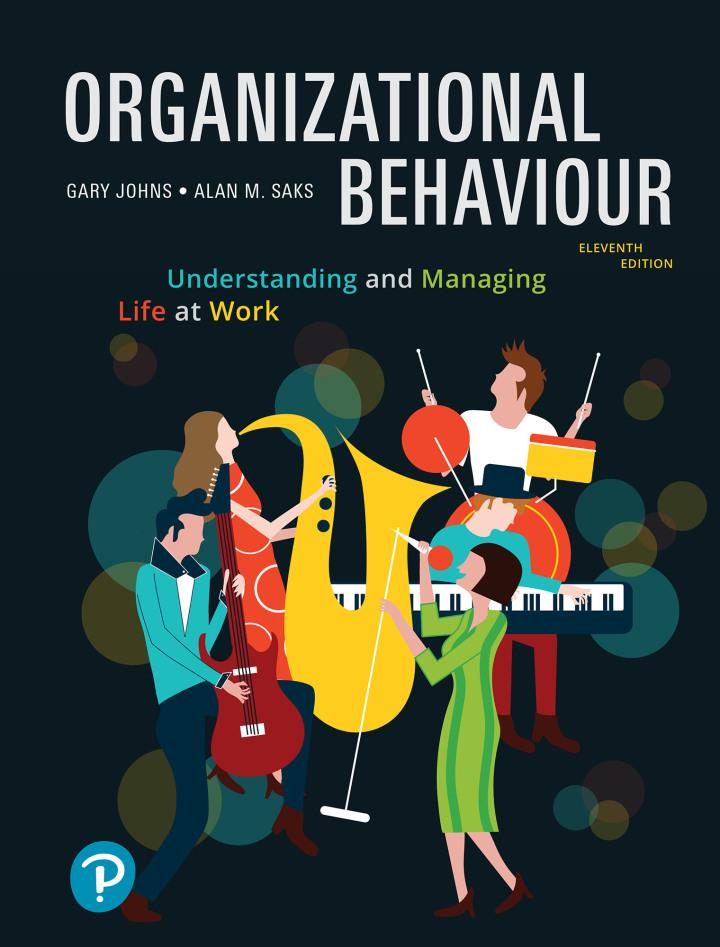It was 7:00 p.m. on April 25, 2007, and Clark Loon only had three days left to
Question:
It was 7:00 p.m. on April 25, 2007, and Clark Loon only had three days left to show the executive board of Ions Consulting Services (ICS) that his newly developed Mentoring Management Project for Professionals (MP^2) training program was indeed worth the cost, the time and the resources to implement it across the company. Loon, the newly hired human resources director for ICS, was in charge of developing and implementing a training program that would meet the company’s needs of transferring knowledge from older, more experienced project consultants to the junior, inexperienced associates. Loon envisioned that the MP^2 program would reshape the company’s training practices and retain employees over the long term. However, implementing the program proved to be much more difficult than he ever imagined.
Clark turned on his computer and started to replay in his mind the meetings he had during the day. He wondered how to assess the success of the program, how to convince the board that it would work, and whether there was anything that he should be doing differently.
Questions
1. How does the MP^2 program relate to the concept of organizational learning, and why is organizational learning a particular issue for consulting firms?
2. Some specific examples of resistance to change are given in the case. How would you summarize these? That is, what are the core factors that provoke resistance to the new program?
3. The MP^2 program is a combination of a process innovation with a managerial innovation. Should Clark Loon have proceeded differently to institutionalize and diffuse the innovation? If so, how?
4. What should Clark do now? Be sure to consider the issues raised in the last paragraph of the case.
Step by Step Answer:

Organizational Behaviour Understanding And Managing Life At Work
ISBN: 9780135218549
11th Edition
Authors: Gary Johns, Alan M Saks





